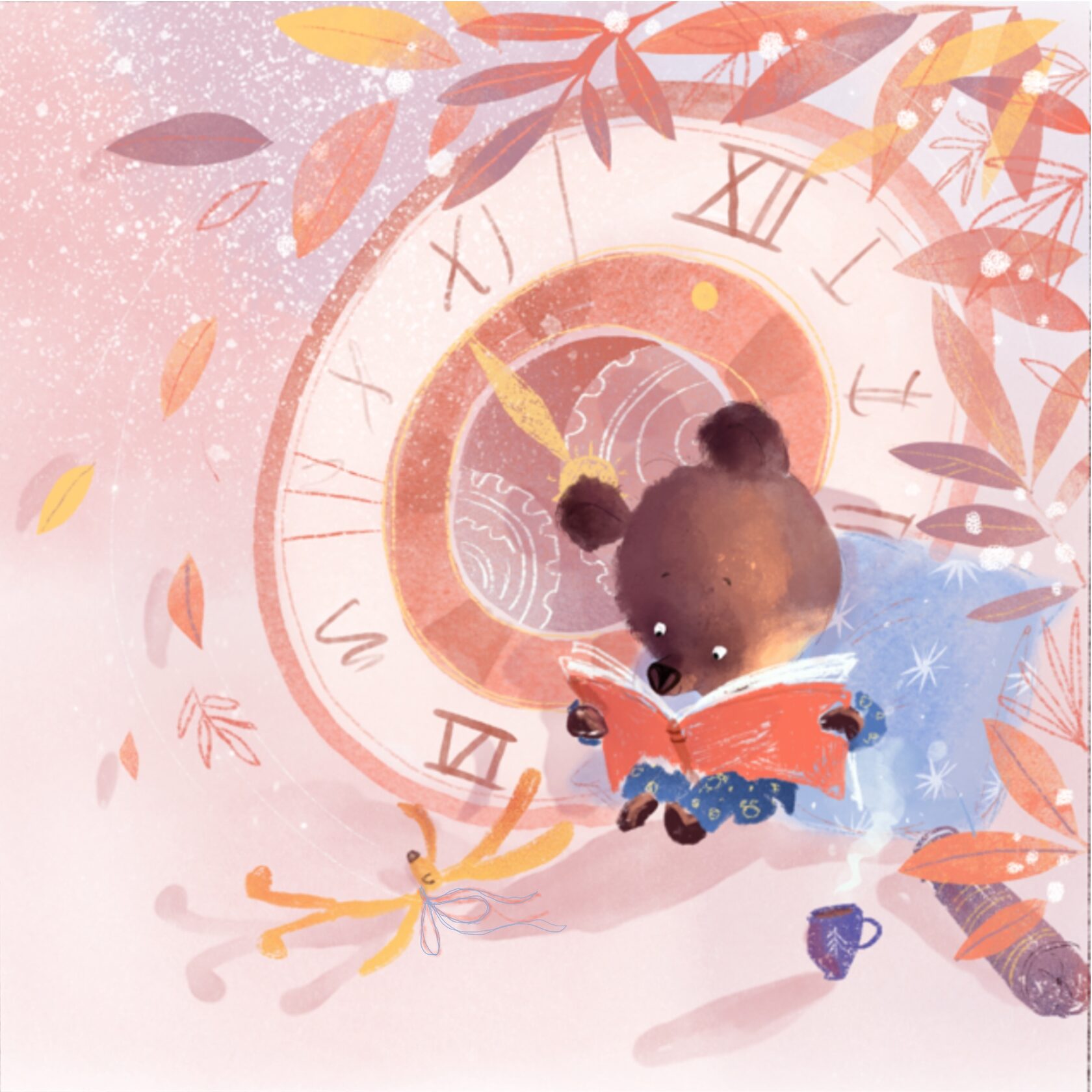This is also true for your children. Caffeine is present in many types of drinks that children may like and enjoy, from tea to Coca Cola. Paediatricians advise against caffeine for children under 12, and against all energy drinks for all children and teens. For children ages 12-18, the suggestion is to limit caffeine intake to at most 100 mg daily (see AACAP for more information). Very little research has been performed on kids with regard to caffeine intake. Therefore, there is no known "safe" level of caffeine consumption for children, despite the fact that since 1977, there has been a 70% increase in caffeine consumption among children and adolescents (PMID: 19428492).
So what is the deal?
Doses of caffeine ranging between 200-400mg are effective for most adults in the context of sustaining performance and wakefulness during sleep deprivation and fatigue (PMID: 24235903). A 500ml (16 oz) large brewed coffee from commercial coffee chains contains approximately 200-500mg of caffeine (PMID: 14607010), while most black teas can contain between 47-90 mg of caffeine per cup. While a morning cup of coffee can have the beneficial effect of waking you up, many adults drink coffee throughout the day to keep our energy levels up. A recent study found that 90% of people who drink coffee do so in the afternoon (12:00-18:00), and 68,5% consume coffee in the evening (18:00-00:00) (PMID: 22326679).
Why is this important, and what does it have to do with sleep?
The alerting effects of caffeine are mainly due to its binding to a type of receptor in the brain called adenosine receptors. Adenosine receptors normally bind to a signalling molecule called adenosine, which has the effect of a “brake” on the neuronal activity, and which results in you feeling sleepy. When caffeine binds to the adenosine receptors, this prevents adenosine from binding to the receptor, thus stopping the “brake” effect and allowing neuronal activity to continue and making you feel more alert (PMID: 33837202).
Caffeine has a half-life of approximately 5 hours in the body. This means that it takes approximately 5 hours for 50% of the caffeine that you have ingested to be broken down. This also means that after 5 hours, 50% of the dose of caffeine that you have ingested remains in your bloodstream. While the peak effects of caffeine are felt between 15 mins and 2 hours after ingestion, you may actually have a lot of caffeine left in your blood for most of the day if you have one strong cup of coffee in the morning (https://www.ncbi.nlm.nih.gov/books/NBK223808/). If you have a cup of coffee in the late afternoon, the amount of caffeine in your bloodstream at bedtime may be significant! There are strong individual variations in how effective an individual person’s body is at removing caffeine from the bloodstream, where some people can clear the caffeine quickly while others take much longer. Therefore, the recommendations for when to stop drinking coffee before bed range from 4-11 hours.
The sleep disrupting effects of caffeine are not only related to the dose and how much is cleared after a certain amount of time. Research has found that drinking coffee in the evening can also disturb your circadian rhythm, i.e. the natural internal process that regulates our sleep-wake cycle (PMID: 26378246).
So what can you do when you are sleep deprived and need to get through the day?
At Stella Sleep, we parents love our morning coffee, but for kids we recommend following the AACAP guidelines of keeping kids off caffeine. Luckily, research has shown that naps are a better form of performance-booster on the days when you’ve had too little sleep (PMID: 18554731). In the Stella Sleep app, we have a range of relaxing sounds, sleep stories and guided meditations that you and your child can use any time and anywhere for a quick and refreshing nap whenever you need it.
